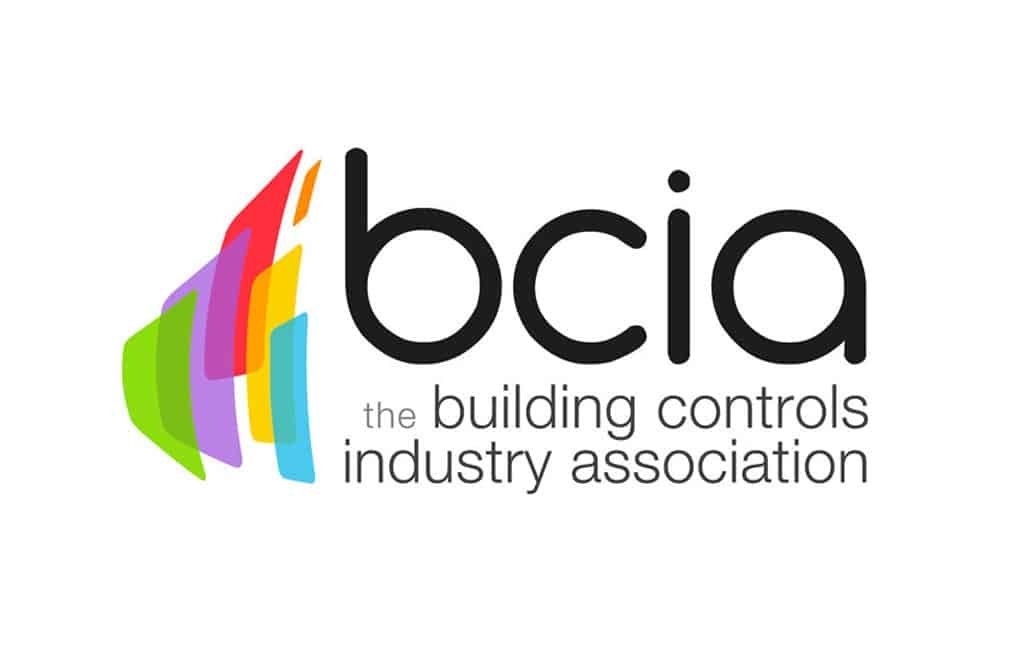
Industry Consultation: Revalidation of Competence
Between July and November 2025, the BCIA consulted with the BEMS/BACS industry on how best to introduce periodic reassessment of competence. This forms part of our work to establish a full-career competency pathway in line with the Building Safety Act, which requires organisations to ensure their workforce maintains up-to-date knowledge and skills.
The BEMS sector has already made major progress:
•A successful Level 4 Controls Engineer Apprenticeship is firmly established.
•A wide range of technical workforce development courses is available.
•An Experienced Worker route has been introduced to support the award of the ECS BEMS Gold Card following the withdrawal of Grandfather Rights.
The remaining gap is a structured approach to reassessing competence throughout an individual’s career. The consultation sought views on what the reassessment should look like and how often it should take place to maintain high professional standards.
The slides, which can be found here contain the full consultation results. In summary, respondents agreed that:
•Competence should be reassessed every 3 or 5 years.
•The preferred approach is a practical assessment of knowledge and skills, supported by a knowledge test either at the same time or on an alternating cycle.
•Assessments must be appropriate to each ECS card level.
BCIA will now establish a working group of industry employers and work alongside the Electrotechnical Certification Scheme (ECS)to design the reassessment framework and ensure compliance with card scheme requirements. As the sector’s recognised trade association, the BCIA will fund the development of assessments for all card levels. Our focus will be on delivering value for employers, minimising time burdens, and ensuring a robust and credible assessment that gives employers the confidence they need to meet their responsibilities under the Building Safety Act.
Development work will take place throughout 2026, with implementation expected from 2028/2029.
If you would like to join the working group, please email catherinew@bcia.co.uk.
Regular updates will be issued so the industry is fully informed about the changes and timelines.


